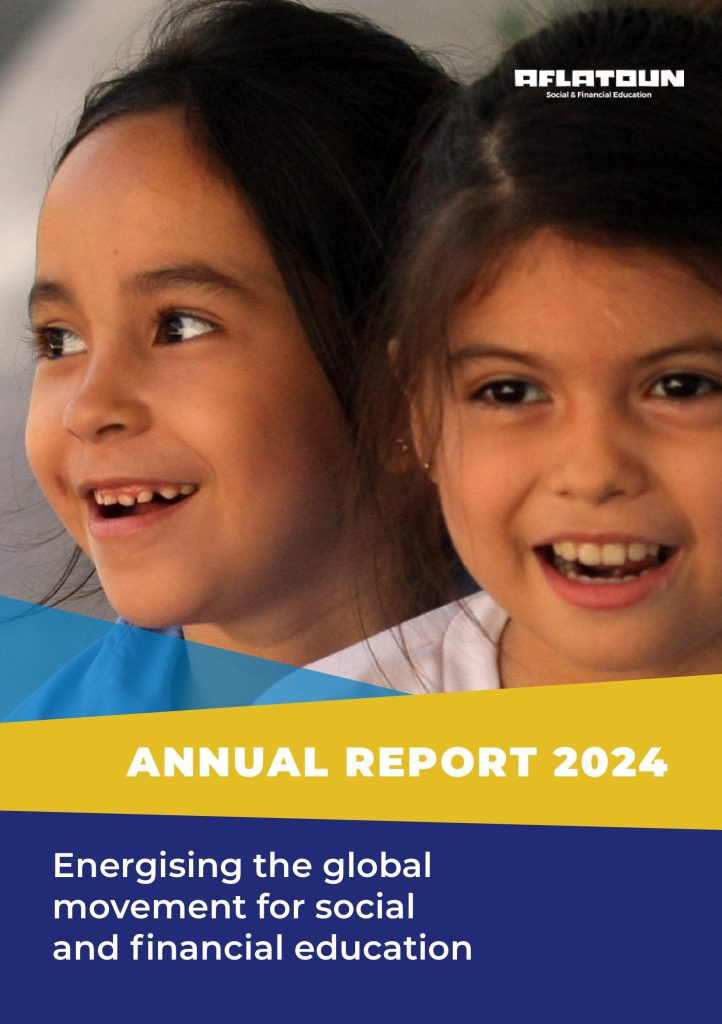What does poverty look like to you?
According to the UN, poverty is more than just the absence of income. It shows up in many ways- hunger, limited access to education, discrimination, and the lack of participation in decision-making.
In 2015, over 736 million people lived below the international poverty line. Even before the pandemic, almost 10% of the world’s population was struggling to meet their most basic needs- health, education, and clean water. Women, in particular, have been disproportionately affected. For every 100 men aged 25–34 living in poverty, there were 122 women. And by 2030, more than 160 million children could still be living in extreme poverty.
Today, despite decades of progress, poverty remains stubbornly high. In 2024, nearly 700 million people were living on less than $2.15 a day. One in six children globally is still in extreme poverty. COVID-19 has set back years of hard-earned progress, and projections suggest that by 2030, more than 600 million people will remain in extreme poverty. (UN – Ending Poverty)
Why jobs matter in the face against poverty?
A recent World Bank policy brief- Jobs: The Surest Way to Fight Poverty and Unlock Prosperity, makes one thing clear- jobs are not just about income. They provide dignity, stability, and purpose. Jobs empower women, engage youth, and strengthen communities.
But the challenge is enormous. Over the next decade, 1.2 billion young people will reach working age. Yet only about 420 million jobs are expected to be created. That leaves hundreds of millions without a clear pathway to employment.
The World Bank identifies a three-pillar approach to tackle this gap:
1. Building foundational infrastructure – investments in education, skills, healthcare, transport, and energy to drive growth.
2. Improving governance and policies – creating a business-friendly environment, cutting red tape, and tackling corruption to make private sector growth possible.
3. Mobilizing private capital – attracting investment into sectors like tourism, agribusiness, healthcare, energy, and manufacturing, which have high potential for local job creation.
The message is simple: economic growth only works when it leads to more and better jobs.
Aflatoun’s Role: Skills that lead to jobs
At Aflatoun International, we see these global challenges reflected in our own work. Our programmes are designed to prepare young people, especially in low-resource or fragile contexts, for the future of work by building social, financial, and entrepreneurial skills.
One powerful example is our involvement in the Entrepreneurial Mindset Development Programme (EMDP) in Andhra Pradesh, India. This initiative, led by the state government with support from Aflatoun and partners, reached over 300,000 Grade 9 students across 4,776 schools during the 2022–23 academic year.
What we learned from EMDP
The programme delivered around 50 hours of project-based instruction, including three small projects and one larger community-focused project, at a cost of just $0.52 per student.
The results were striking:
– Increased student agency – students became more confident about their future, their goals, and their ability to shape their lives.
– Better academic performance – especially in English and Mathematics, with girls seeing the greatest gains.
– Stronger entrepreneurial skills – particularly among girls, who gained confidence in pitching business ideas and saw themselves as future entrepreneurs.
This is exactly the kind of impact the World Bank is calling for: large-scale, low-cost, high-impact programs that prepare young people for the job market.
Looking Ahead
Poverty is complex. It won’t be solved overnight. But the combination of skills, opportunity, and access to decent work is one of the most powerful solutions we have.
At Aflatoun, we believe every young person deserves the chance to develop the skills and confidence to participate in the economy, whether through employment or entrepreneurship. Programmes like EMDP show that when we invest in young people, we invest in stronger, more resilient communities.
The World Bank is right- jobs remain one of the most powerful tools to fight poverty. At Aflatoun, we’re proud to contribute to this mission, empowering learners around the world to build brighter futures, one step at a time.
Author
Sreelakshmi Radhakrishnan, Aflatoun Education Specialist












